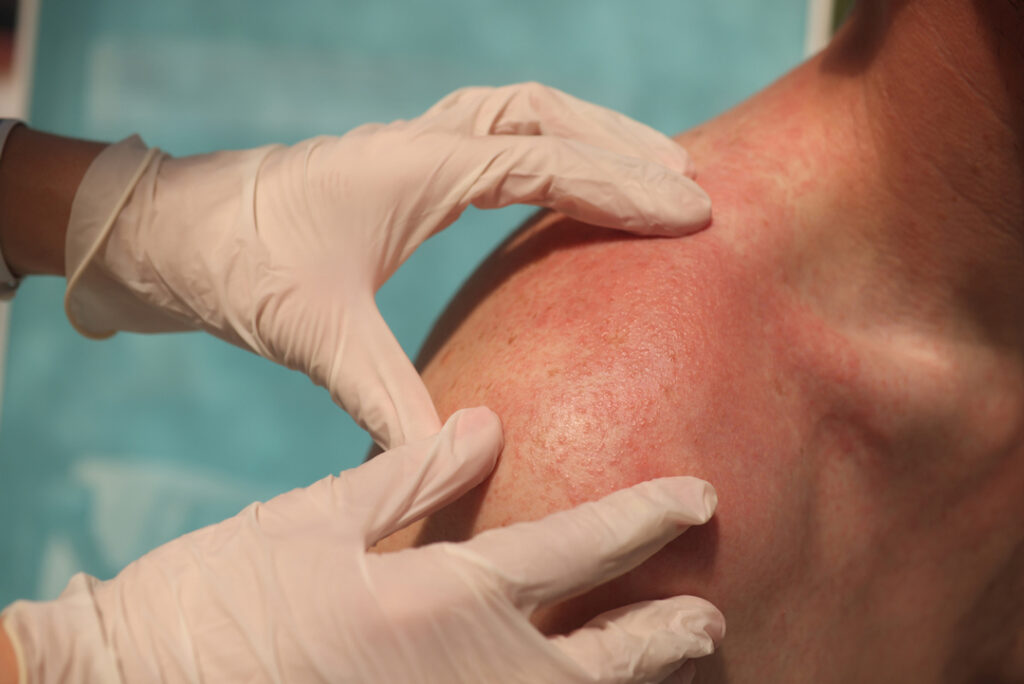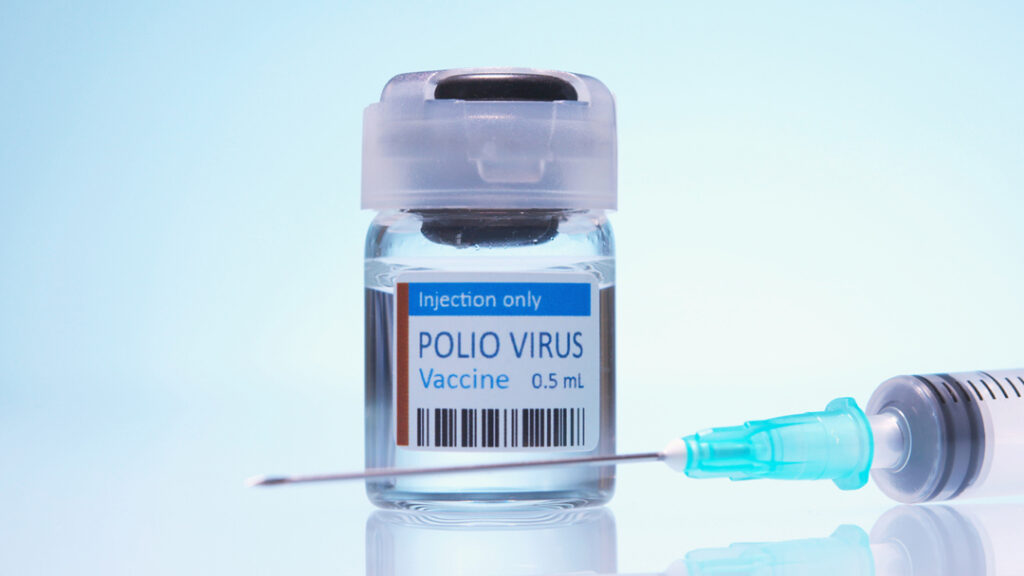As many of us begin to travel again, naturally, COVID-19 will be top-of-mind. But what about other global health risks, like Zika, that have dropped from the news cycle? While there’s no immediate cause for alarm, it’s important to know what potential health risks are out there and if/how travel advisories can impact your travel insurance. In addition to understanding your insurance policy, here’s what you need to know if you’re planning to travel internationally in the months ahead.

Is Zika still a travel concern for Canadians?
At the time of publishing, the Government of Canada travel health notice for Zika is at Level 2 – Practice safe precautions. Notices at this level are issued when special health precautions are recommended and/or there is a localized outbreak. There is not an approved vaccine to combat Zika, so it’s important to do all you can to prevent mosquito bites. Zika could be a travel concern for pregnancy or those considering conception, if your destination is:
- The Caribbean
- Mexico
- Central America
- South America
- South and Southeast Asia
- Ocean Pacific Islands, including Tahiti and Bora Bora
- Central, East and West Africa
What Pregnant women or those looking to conceive should know
Considering a babymoon? Once a high-risk concern, the Public Health Agency of Canada (PHAC) “no longer recommends that pregnant women or women who are trying to conceive avoid travelling to countries or areas with risk of Zika virus.”
However, PHAC does state:
- That it still recommends avoiding travel to areas with a current Zika virus outbreak.
- To consult a health care professional at 6 weeks before your planned departure to help you decide whether you should travel or not.
For further details, visit “Zika virus: Pregnant or planning a pregnancy”.
What men should know
According to PHAC’s latest travel health advice page, if they are sexually-active. The virus remains in semen for a prolonged period of time, can be spread with or without symptoms, and can be passed to a woman who can transmit it to an unborn child.

Is measles still a global travel concern?
Yes, measles outbreaks are currently happening all over the world; measles is spread person-to-person and through droplets in the air, making it “highly contagious”. Outbreaks in Canada are a result of travellers returning home from abroad, with the measles.
Recommendations to prevent getting the measles
While here in Canada we immunize against the measles, a booster may be required before you travel abroad. Recommendations vary based on your age and when you were immunized, which you can read more about in the Government of Canada’s Global Measles Notice.

Can polio still be contracted during travel?
While many of us are under the impression that polio had been eradicated, there are areas of the world where it can still be contracted. Keep in mind if you’re considering travel to the following destinations, polio is “highly contagious”, if you haven’t been vaccinated against it:
- Consistently present (“endemic”) in:
- Afghanistan
- Pakistan
- Outbreak currently occurring in:
- Angola
- Benin
- Burkina Faso
- Cameroon
- Central African Republic
- Chad
- China
- Côte d’Ivoire
- Democratic Republic of Congo
- Egypt
- Ethiopia
- Gambia
- Ghana
- Guinea
- Liberia
- Malaysia
- Mali
- Madagascar
- Niger
- Nigeria
- Republic of Congo
- Senegal
- Sierra Leone
- Somalia
- South Sudan
- Sudan
- Tajikistan
- Togo
- Uganda
- Yemen
Recommendations to prevent polio
The Government of Canada recommends Level 2 take precautions for polio; consult a travel clinic or healthcare professional 6 weeks before leaving to ensure you’re vaccinated against polio; adults may also need a booster. It’s also highly recommended to wash your hands often and beware of what you eat and drink, since polio is contracted through contaminated food and water.

Are there other global viruses or diseases for Canadian travellers to know about?
There are a number of regional health risks to take note of before planning to travel abroad. At the time of publication, the following are at a Level 1 health notice to remind “travellers about routine vaccinations, highlight the importance of hand washing, or recommend protective measures to avoid mosquito bites”:
- China – Avian influenza
- Nigeria – Yellow fever
- Pakistan – Extensively drug-resistant typhoid
- Saudi Arabia – Middle East respiratory syndrome coronavirus
Getting back to travel has never been so exciting, yet slightly nerve-racking. COVID-19 may have changed travel, but it’s not all bad news! We should look at the safety precautions and protocols taken as a positive. The pandemic has taught many of us to slow down, take the time to plan ahead and to review travel requirements so that we aren’t ill-prepared and can travel safely and healthily.
Questions or comments? Leave them in the form below.
Safe and happy travels ahead!
Melissa
